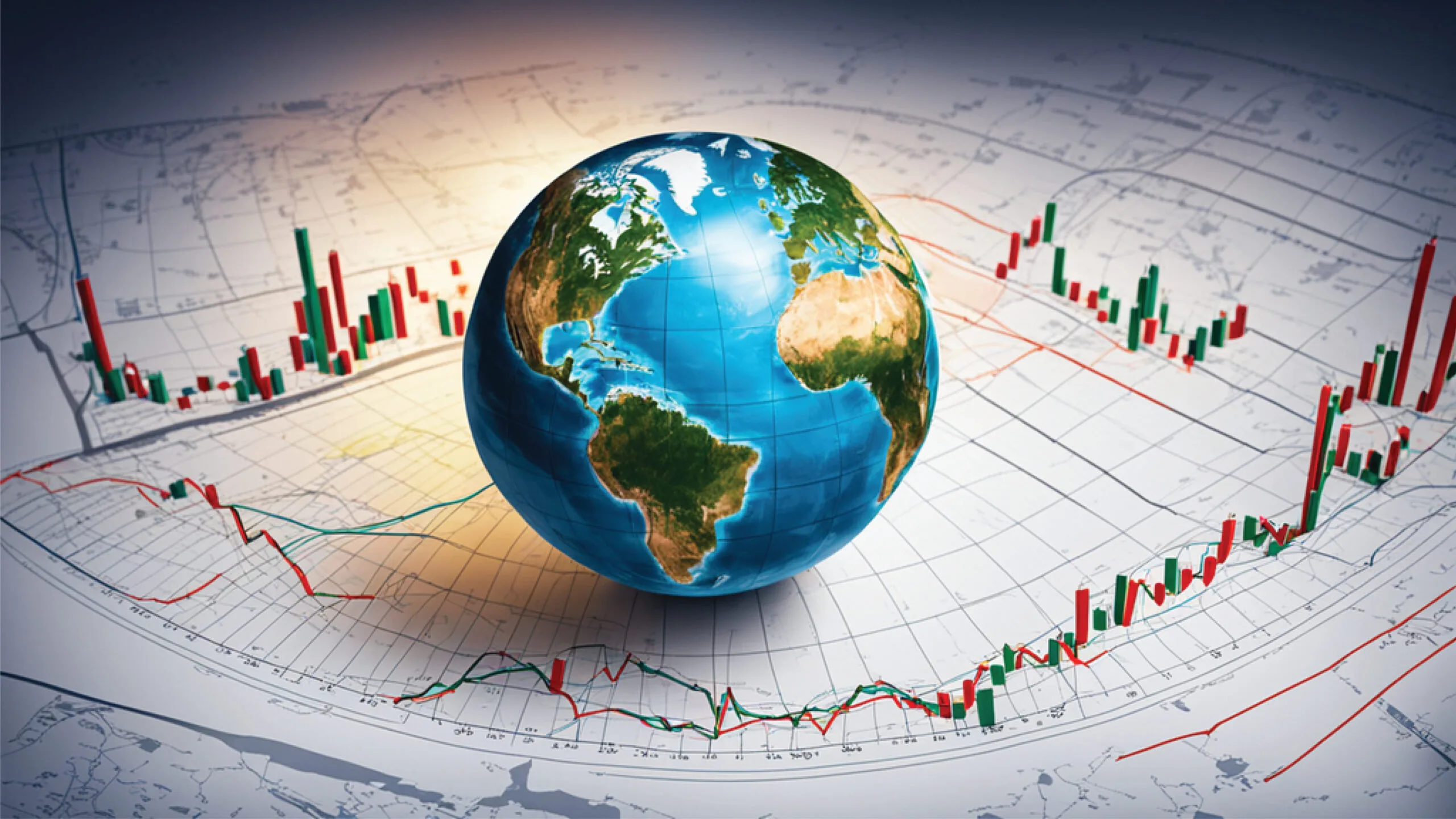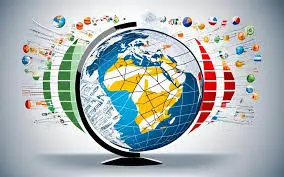Geopolitical events wield substantial influence over the interconnected global markets, shaping economic policies, investor sentiment, and trade dynamics. As we navigate through the complexities of the 21st century, understanding how geopolitical factors impact global markets is crucial for stakeholders ranging from policymakers to multinational corporations. This article delves into the multifaceted relationship between geopolitical events and global markets, exploring historical precedents, contemporary case studies, and future implications.
Contents
Introduction to Geopolitical Events and Global Markets
Geopolitical events encompass a broad spectrum of occurrences, including political conflicts, trade disputes, international agreements, and geopolitical shifts. These events are inherently interconnected with global markets, influencing factors such as:
Investor Confidence: Geopolitical stability or instability can significantly impact investor confidence, affecting stock markets, currency exchange rates, and capital flows.
Trade Relations: Tariffs, sanctions, and trade agreements influenced by geopolitical events can alter international trade patterns and market access.
Commodity Prices: Geopolitical tensions in regions rich in natural resources often lead to volatility in commodity markets, affecting prices of oil, gas, metals, and agricultural products.
Regulatory Environment: Changes in geopolitical alliances and policies can result in shifts in regulatory frameworks, affecting industries such as finance, technology, and energy.
Understanding these dynamics is essential for anticipating market trends, mitigating risks, and identifying opportunities in a globally interconnected economy.
Historical Perspectives on Geopolitical Impacts
World Wars and Economic Realignment
The two World Wars of the 20th century serve as poignant examples of how geopolitical events can reshape global markets. World War I led to economic disruptions, inflation, and the collapse of the gold standard, setting the stage for the Great Depression. The aftermath of World War II saw the rise of the United States as a dominant economic power, facilitated by initiatives such as the Marshall Plan and the establishment of global institutions like the United Nations and the International Monetary Fund (IMF).
Cold War and Economic Blocs
The Cold War era, characterized by ideological rivalry between the United States and the Soviet Union, resulted in the formation of economic blocs such as NATO and the Warsaw Pact. Geopolitical tensions during this period influenced global trade patterns, technological advancements (e.g., space race), and military expenditures. The dissolution of the Soviet Union in 1991 and the subsequent geopolitical realignments marked a new era of globalization and economic integration.
Contemporary Case Studies
Impact of Trade Wars on Global Markets
In recent years, trade tensions between major economies have dominated headlines and profoundly affected global markets. The U.S.-China trade war, initiated in 2018 with tariffs on billions of dollars’ worth of goods, led to market volatility, supply chain disruptions, and reduced business confidence globally. Both countries experienced economic repercussions, with sectors like technology, agriculture, and manufacturing bearing the brunt of trade tariffs and retaliatory measures.
Brexit and European Union Dynamics
The United Kingdom’s decision to leave the European Union (Brexit) in 2016 sparked political uncertainty and economic ramifications across Europe and beyond. The prolonged negotiations, uncertainty over trade agreements, and the impact on financial services in London as a global hub highlighted the intricate relationship between geopolitical decisions and market outcomes. The pound sterling fluctuated, businesses faced relocation decisions, and consumer confidence varied amid evolving geopolitical landscapes.
Middle East Conflicts and Energy Markets
Geopolitical tensions in the Middle East, a region crucial for global energy supplies, have historically influenced oil prices and energy markets. Events such as conflicts in Iraq, Iran’s geopolitical maneuvers, and geopolitical shifts involving major oil-producing countries like Saudi Arabia affect global energy security and market stability. Investors closely monitor geopolitical developments in the region for potential disruptions to oil supply chains and energy prices.
Future Outlook and Strategic Considerations
Geopolitical Risk Assessment
As geopolitical uncertainties persist, businesses and investors are increasingly focusing on geopolitical risk assessment and mitigation strategies. Scenario planning, geopolitical intelligence gathering, and stress testing financial models under various geopolitical scenarios are becoming integral to strategic decision-making processes. Multinational corporations operating across borders must navigate geopolitical complexities while maintaining resilience and agility in their operations.
Technology and Geopolitical Dynamics
Advancements in technology, including artificial intelligence (AI), cybersecurity, and digital platforms, are reshaping geopolitical dynamics and global markets. Issues such as data privacy, digital sovereignty, and technological competition between nations are emerging as critical geopolitical flashpoints. The development of 5G networks, cybersecurity regulations, and geopolitical implications of tech giants’ global operations underscore the intersection of technology and geopolitics in the 21st century.
Climate Change and Geopolitical Stability
Climate change is increasingly recognized as a geopolitical challenge with profound implications for global security, resource allocation, and economic stability. Geopolitical tensions over access to water resources, energy transition strategies, and climate-related migration patterns are expected to shape geopolitical agendas and market dynamics in the coming decades. International cooperation on climate action, renewable energy investments, and adaptation strategies are critical for mitigating geopolitical risks associated with climate change.
The impact of geopolitical events on global markets is multifaceted, evolving, and often unpredictable. From historical precedents to contemporary case studies and future projections, understanding the interplay between geopolitical factors and market outcomes is essential for stakeholders navigating the complexities of a globalized economy. By analyzing geopolitical risks, adopting proactive strategies, and fostering international cooperation, businesses, investors, and policymakers can better anticipate and respond to geopolitical dynamics while safeguarding global economic stability and resilience.


